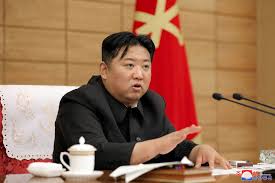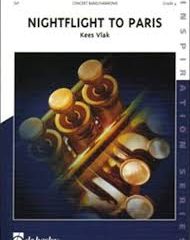Understanding Kim Jong Un’s Role in Global Politics

Introduction
Kim Jong Un, the Supreme Leader of North Korea since 2011, plays a pivotal role in current global politics. His leadership style, nuclear ambitions, and unpredictable nature have made North Korea a focal point of international attention. As tensions rise and diplomatic negotiations fluctuate, understanding his influence is critical for grasping the dynamics of East Asian security and global stability.
Recent Developments
In recent weeks, Kim Jong Un has been at the forefront of significant military displays, including launching several missile tests. These tests are perceived as a demonstration of North Korea’s advancing military capabilities and a direct challenge to sanctions imposed by the United Nations. Notably, in early October 2023, North Korea successfully tested a submarine-launched ballistic missile, claiming to enhance its strategic deterrence.
Moreover, while maintaining a defiant stance towards the US and South Korea, Kim has also indicated a willingness to engage in dialogue, albeit on his terms. During a meeting with Chinese President Xi Jinping, Kim expressed gratitude for China’s support amidst ongoing international pressures. This alliance highlights how China remains a crucial ally for North Korea, providing economic and diplomatic backing.
Humanitarian Concerns
While Kim’s military advancements dominate the headlines, there is a pressing humanitarian crisis in North Korea that often remains overshadowed. Reports indicate that the country continues to face severe food shortages and economic instability, exacerbated by the COVID-19 pandemic and strict border controls. Human rights organizations urge the international community to address these issues while also navigating the complexities of nuclear negotiations.
Conclusion
As Kim Jong Un navigates the balance between showcasing military strength and addressing his nation’s challenges, the global community watches closely. His decisions in the coming months will likely influence not only the Korean Peninsula’s future but also broader geopolitical tensions. Understanding Kim’s strategic intentions will remain essential for policymakers and analysts as they work to ensure regional stability and peace. The perpetual cycle of provocation and negotiation exemplifies the complex nature of North Korea’s international relations, necessitating informed discourse and strategic planning.









